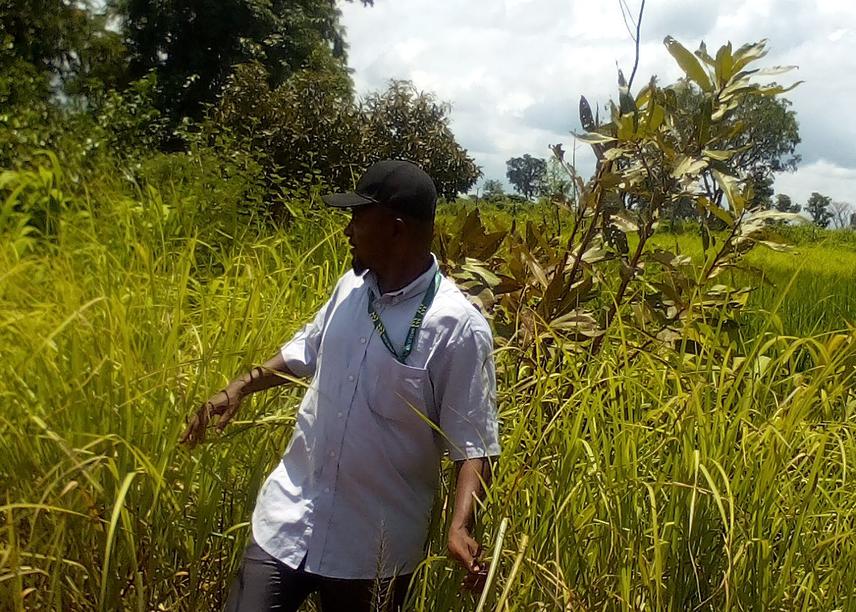Ishmael Hashmiu
Other projects
2 Jun 2025
Mitigating Human-Elephant Conflict in the Kakum Conservation Area of Ghana Through Education and Improved Chilli Fence Adoption
The African elephant (Loxodonta africana) is in danger of extinction despite its crucial role in balancing natural ecosystems. Human-elephant conflicts (HECs), which are usually characterised by lethal retaliation against crop-raiding elephants, further threaten the survival of elephants and agricultural livelihoods in many areas of Africa. In Ghana, HECs are undermining the livelihood security of farmers who live at the fringes of several protected areas, including the Digya National Park. Unfortunately, traditional anti-crop raiding measures used by farmers have often been ineffective. It is therefore urgent to explore innovative solutions to HECs in order to effectively enhance elephant conservation and secure the livelihood security of farmers in Africa. Studies in East Africa and Southeast Asia have shown that beehive fences hold great promise for mitigating HECs, but empirical evidence is lacking in the West African context.

Forest-Savannah Landscape outside the Digya National Park. © Ishmael Hashmiu
Accordingly, this project aims to evaluate the efficacy of beehive fences in mitigating HECs and improving farmers’ income around the Digya National Park of Ghana. Specifically, the project seeks to model the effects of beehive fence characteristics on the probability of farm visitation by elephants, extent of damage caused per visit, and farmers’ income. The project also seeks to explore the intersecting role of farm characteristics and traditional anti-crop raiding practices in understanding the efficacy of beehive fences. The project adopts a participatory approach that will build farmers’ capacity to install and maintain beehive fences. In addition, beneficiary members will be educated on the causes and solutions to HECs. They will also be closely involved in the monitoring of elephant visitation and crop raids.
Overall, the project will improve knowledge and inform the development an integrated model that consider beehive fence characteristics, farm characteristics and traditional anti-crop raiding practices in explaining the efficacy of beehive fences. This model could guide Park Managers to develop landscape level approaches that would optimise the efficacy of beehive fences in human-elephant conflict mitigation. The project would also complement ongoing efforts to enhance elephant conservation and safeguard farmers’ livelihoods around the Digya National Park by possibly minimising crop raiding incidents and poaching in the area. In addition, the project would enhance farmers’ technical expertise in the installation and maintenance of beehive fences and augment their income through honey and beeswax sales.